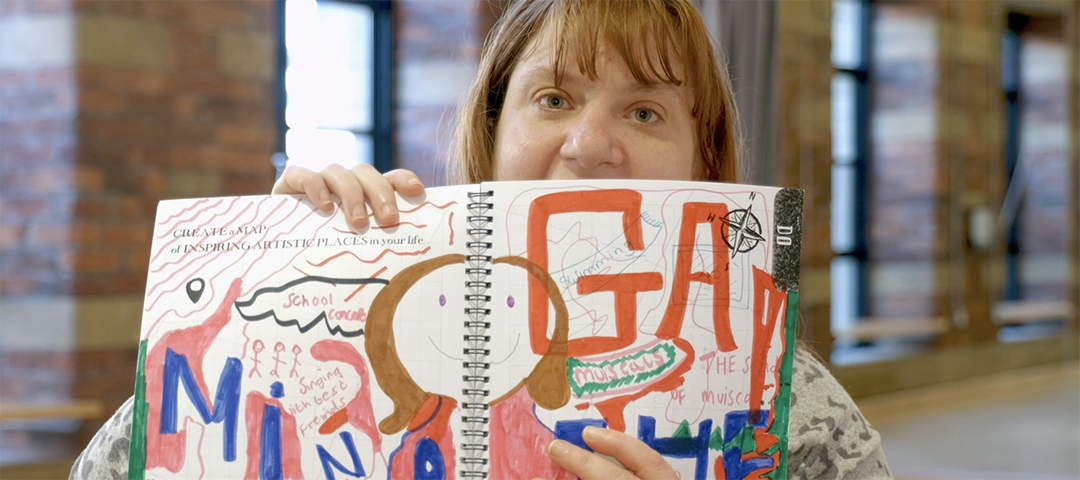By Richard Misek
Digital Access to Arts and Culture Beyond Covid-19

The last 20 months have seen a widespread pivot within the UK’s theatre sector towards livestreamed, on-demand, and digitally native performances. During this time, well over half of all UK theatres and theatre companies have created artistic content for online audiences. But following the lifting of restrictions this summer, there has been a ‘snap back’ to in-person performances almost as sudden and drastic as the initial pivot to digital. Research conducted earlier this month by our current AHRC COVID-19 project (‘Widening Access to Arts and Culture Through Video Streaming’), and recently reported on the BBC and in The Guardian, suggests that over half of all publicly-subsidised UK theatres that pivoted online during the first 18-months of the pandemic have now returned to producing live performances only. From conversations with researchers across Europe, it is clear also that this is part of a far broader international trend.
Why has this ‘snap back’ happened, and what are the implications of it?



